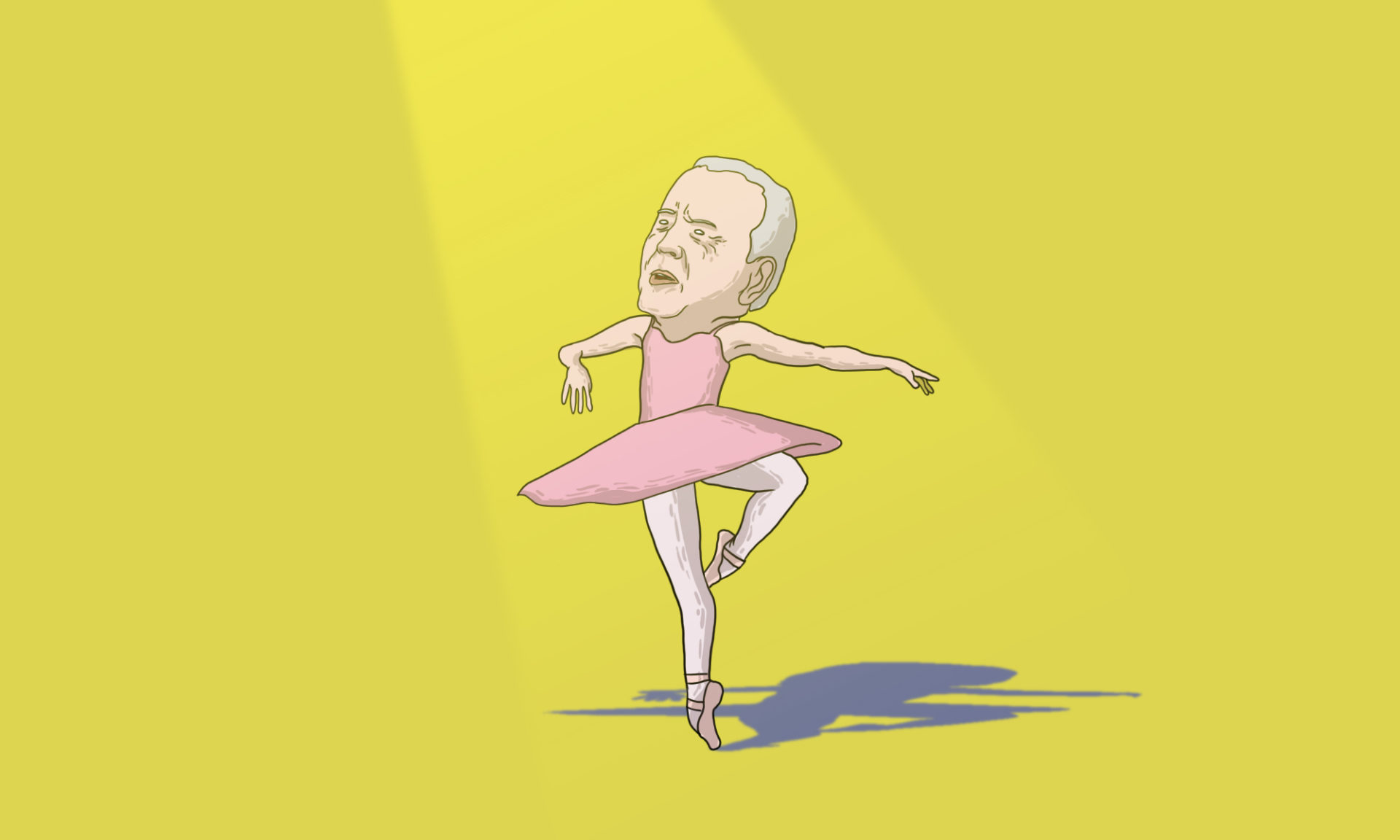Beijing is trying to weaken sanctions on Russia
Chinese state media attempts to weaken Western sanctions resolve, while NATO’s Strategic Concept slams the Sino-Russia strategic partnership.

In a striking (and perhaps unintentionally provocative) op-ed, the authoritative, state-run People’s Daily quoted Chinese academic Wáng Yìwéi 王义桅, who claimed that the G7 summit in Germany and the NATO summit in Spain would “very likely be Biden’s last dance in Europe, as the Democrats will probably lose the midterm election in November.”
Wang Yiwei, the director of the Institute of International Affairs at the Renmin University of China, who has a reputation as a “patriotic influencer,” also claimed that “Biden is making a final charge to convince and rally European leaders to come onboard the anti-China chariot.”
The op-ed is part of an apparent influence campaign by Chinese state media to emphasize economic difficulties across the West, pressure Western leaders to relax sanctions, and indirectly resolve the conflict on terms favorable to the Kremlin. In addition to its remarkable language on U.S. President Joe Biden’s domestic political prospects, the aforementioned People’s Daily op-ed also noted surging consumer inflation and blamed the United States for economic dislocations resulting from Russia’s invasion of Ukraine. Other recent articles by the PRC’s English-language propaganda outfits have claimed that the United States is already in a recession, while another lengthy People’s Daily op-ed contended that U.S.-led sanctions against Russia are leading to “debt traps” for Moscow and other “world financial institutions.”
Does the People’s Daily’s latest article series indicate a recalibration in Beijing’s approach to the crisis? Perhaps. Russia’s military outlook has stabilized over the last month and a half, raising Beijing’s hopes that Putin will be able to secure victory or at least avoid disaster. Moreover, with China’s locally transmitted Omicron cases down sharply and a new, domestically produced mRNA vaccine potentially on the way, Beijing may believe that the worst of its economically disruptive lockdowns are behind it, giving the CCP a freer hand to support Putin and counter the West in Ukraine. The PRC’s rhetorical support for the Kremlin is hardly a new feature in the conflict: Beijing accused Washington and Brussels of lying about the dangers of an invasion, amplified Kremlin disinformation, and supported Moscow at several votes at the UN. Still, material factors and Chinese diplomatic actions, including Xi’s “birthday call” with Putin, suggest that Beijing may be edging toward a new policy of more open and substantive support for Putin, although any assistance will remain constrained by the threat of Western sanctions.
NATO says Sino-Russia strategic partnership “attempts to undercut the rules-based international order”
In NATO’s just-released Strategic Concept, the world’s largest military alliance said that the PRC’s “stated ambitions and coercive policies challenge our interests, security, and values.” The document also said that the “deepening strategic partnership between the People’s Republic of China and the Russian Federation and their mutually reinforcing attempts to undercut the rules-based international order run counter to our values and interests.”
U.S. National Security Adviser Jake Sullivan noted at a Tuesday press conference that the last NATO Strategic Concept released in 2010 characterized Russia as a strategic partner and did not even mention China. Sullivan also described America’s two highest priorities with respect to China’s Ukraine policy. He said the highest priority is that “China not become militarily supportive of Russia through the provision of equipment” while Washington’s second priority is that Beijing “not engage in wholesale or systematic undermining or evasion of U.S. sanctions.”
Sullivan further noted that “thus far, we have not seen China act in a way inconsistent with those two principles and certainly not at scale with respect to the economic relationship.” Sullivan’s statement is consistent with the findings of a study by the Peterson Institute of International Economics, which found that Chinese exports to Russia since the invasion fell by 38% compared with the second half of 2021.
China hinting at higher oil and gasoline prices?
Beijing is preparing to provide subsidies for refiners in case their benchmark crude oil prices rise above $130/barrel. It’s an interesting policy.
Brent prices are already at around $120/barrel, so Beijing may just be doing some due diligence. At the same time, the Brent forward strip (which can be thought of as the market’s prediction of future crude prices) suggests that prices will fall every month and reach ~$97/barrel by this time next year.
In short, Beijing appears to be preparing for more oil market turmoil as a result of Russia’s invasion of Ukraine. Still, crude prices were flat on Wednesday, suggesting that the market (rightly or wrongly) doesn’t regard the subsidy move as very significant.






